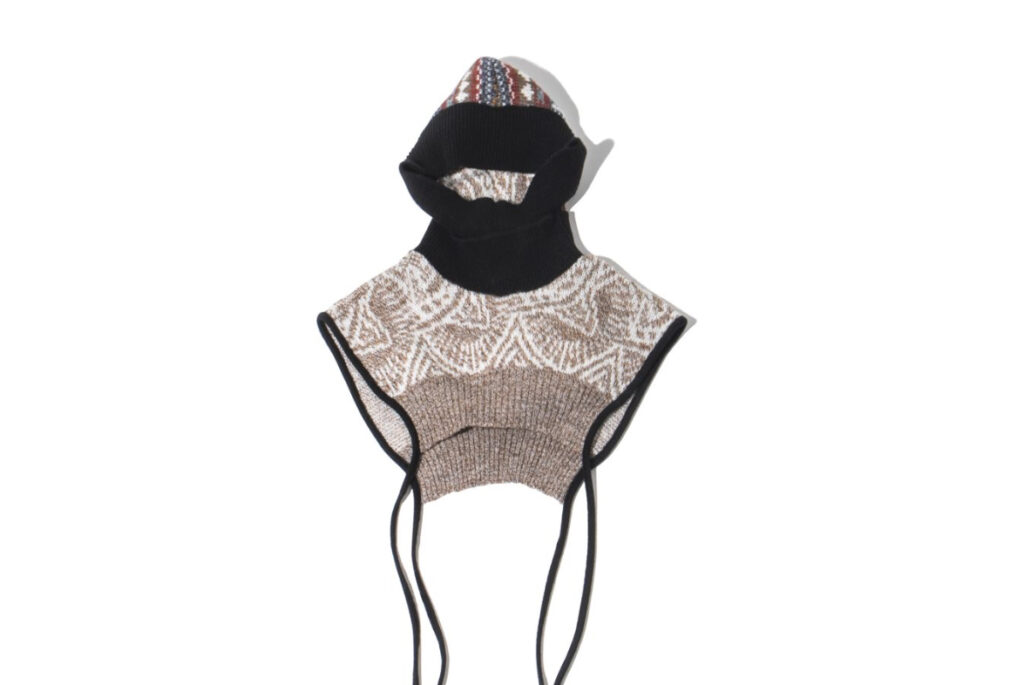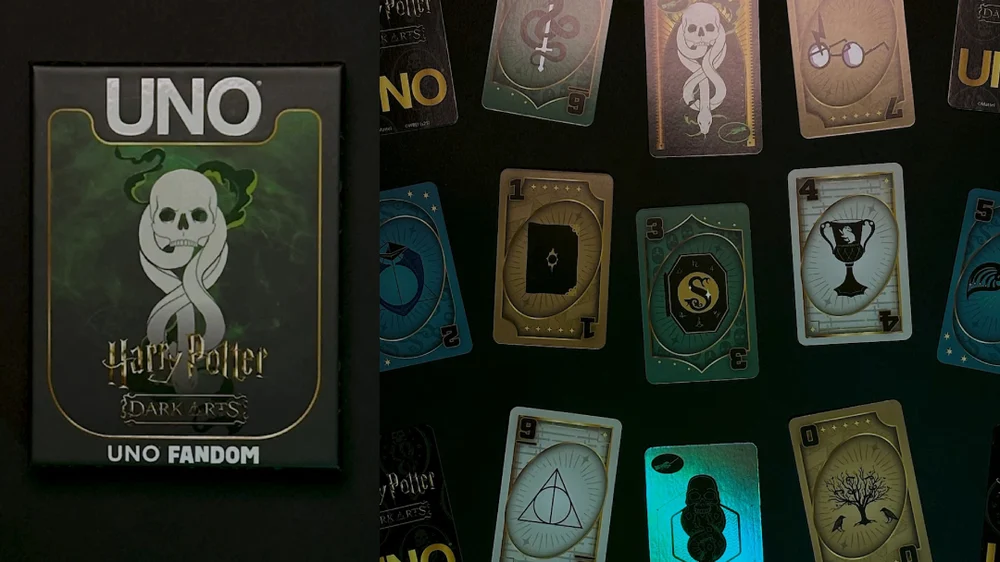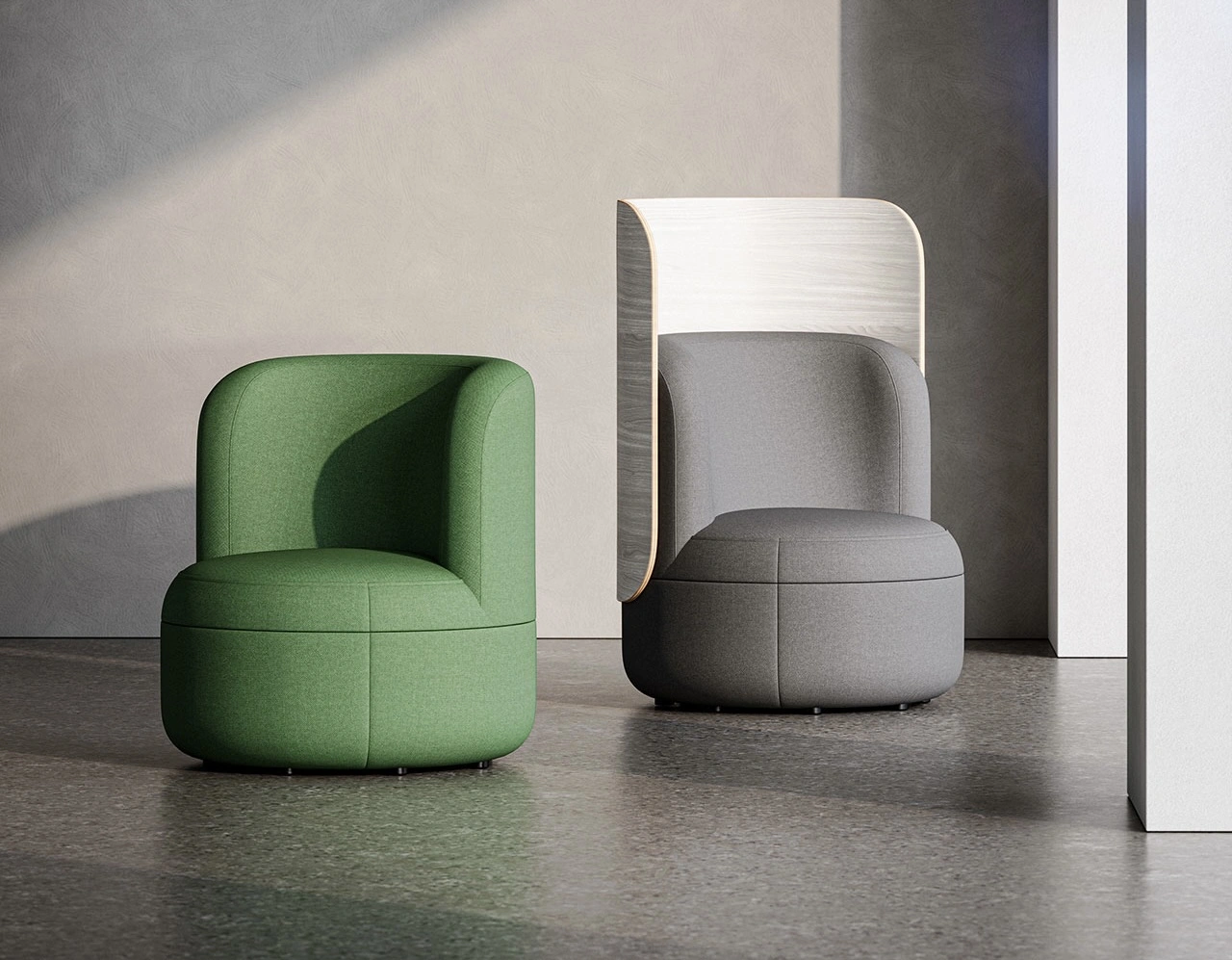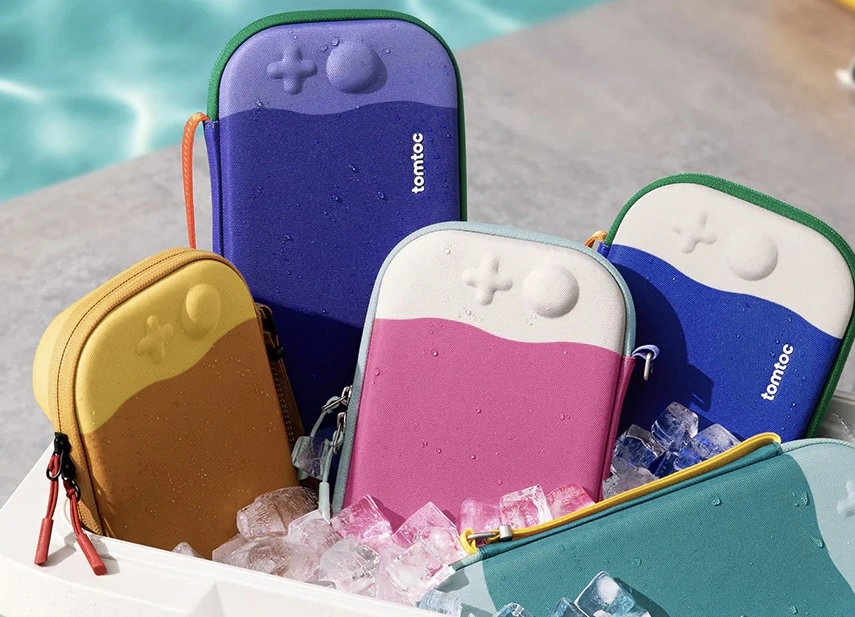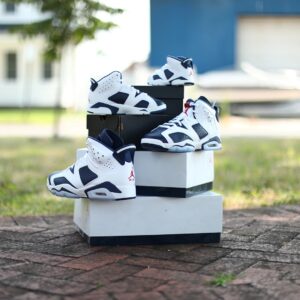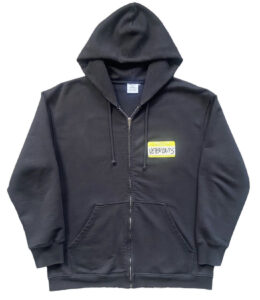Fashion, at its best, doesn’t just clothe the body—it projects a philosophy, rewrites cultural codes, and imagines new futures. Few contemporary brands embody this ethos as clearly as Marine Serre, the Paris-based label known for its futuristic silhouettes, circular design practices, and unapologetically political creativity.
At the intersection of avant-garde fashion and ecological consciousness stands a singular item: the full-face cagoule, a hooded bodysuit-like garment that covers the head entirely, reengineered from vintage knitwear and presented not only as a garment, but as a declaration of resistance against existing systems.
“Incorporating new values through avant-garde design” isn’t just a slogan—it’s the framework within which Marine Serre crafts her most thought-provoking pieces. At the center of this latest conversation is the cagoule: once a symbol of anonymity or concealment, now a canvas for transformation, survival, and identity. As we move deeper into the 21st century, the French designer’s proposition is clear: we must reimagine not only what we wear, but why—and what it says about the future we choose to build.
The Bodysuit as Cultural Signal
Marine Serre’s visual language has always flirted with the post-apocalyptic. Her runways often resemble speculative fiction—where climate collapse, displacement, and political surveillance have rewritten daily life. And yet, her work isn’t dystopian for the sake of provocation. Rather, it proposes pragmatic beauty. It asks how fashion might respond to the collapse of existing systems—how it might protect, conceal, or assert.
The bodysuit, particularly in its full-length form, is a recurring motif in her collections. Clinging to the body like a second skin, it evokes both protection and restriction—armor and vulnerability. In Serre’s hands, it becomes a politicized garment: genderless, functional, and non-conforming. It challenges the viewer to reconsider silhouettes coded as either feminine or futuristic, as well as their social significance.
The latest evolution of this design language—the upcycled knit cagoule—extends this vision. Here, the bodysuit merges with the hood to form a single, cocoon-like garment. It stretches over the head and face, leaving only slits for the eyes or, sometimes, no openings at all. It’s sculptural, severe, and oddly intimate. In one breath, it recalls protest gear, religious modesty, sci-fi anonymity, and the intimacy of knitted clothing passed down across generations.
Upcycling as Rebellion
What distinguishes this piece isn’t only its silhouette, but the materiality behind it. Constructed from vintage knitwear, the cagoule is a product of upcycling, a practice that has become central to Marine Serre’s creative methodology. But in this context, upcycling isn’t a marketing trend—it’s a political gesture. Taking pre-worn, discarded, or outdated materials and transforming them into something new—and often radically different—challenges the fast-fashion industrial model from the inside out.
Each cagoule is made from a unique blend of vintage sweaters, scarves, and ribbed knits. The texture is tactile, uneven, and nostalgic. These are not sterile, new fabrics; they carry memory. They are fragments of someone else’s wardrobe, reassembled to shield a new body. This process doesn’t only extend the life of materials—it infuses each piece with meaning, with soul.
Moreover, the upcycling process speaks to a refusal of linearity. Instead of creating something new from scratch, Marine Serre finds new meaning in what already exists. This is ecological design, yes—but also emotional design. It honors the past while preparing for the future. It questions the notion of waste. And it insists that fashion’s power lies not in perfection, but in reinvention.
Resisting the System: Design Outside the Grid
Marine Serre has often positioned her work as oppositional—not simply in aesthetics, but in production ethics, labor relationships, and industry dynamics. The upcycled cagoule, then, becomes a symbol of resistance: to overproduction, to unsustainable systems, to homogenized design. Where traditional fashion tends to reward consistency and reproducibility, Serre’s pieces are one-of-a-kind, inherently variable, and hand-constructed. Each one defies the norm of mass production.
This choice extends beyond sustainability. It’s also a radical act of autonomy. In refusing to design according to the standard seasonal calendar or trend cycle, Serre reclaims creative sovereignty. Her designs don’t aim to fit neatly into categories. They’re not always comfortable or wearable by conventional standards. But that’s the point—they’re meant to provoke new ways of thinking about identity, safety, beauty, and belonging.
The cagoule, in particular, is an item that resists easy interpretation. It’s unsettling. It can obscure the face, disturb the silhouette, erase gender markers. And in doing so, it calls attention to the viewer’s gaze. Who do we expect to see when we look at a model? What does it mean when we can’t see their eyes, their smile, their hairstyle? It asks us to confront the often-unquestioned assumptions about visibility and presence in fashion.
Design in a Time of Crisis
To understand Marine Serre’s work—and this cagoule in particular—it’s important to recognize the emotional terrain of living in a time of crisis. The climate emergency, global migration, mass surveillance, and social isolation all play out in her collections. Rather than retreat into escapism, she responds with protective wear, multi-use garments, and silhouettes that suggest survival and evolution.
The cagoule is a product of this survivalist logic. It provides warmth. It can be pulled down or zipped up depending on environmental stress. It evokes both protection and withdrawal, nodding to a world where anonymity may soon be a privilege, not a threat. In this way, it mirrors the growing global tension between exposure and self-preservation.
At the same time, the use of knitwear—a traditionally domestic, comforting textile—offers a subtle layer of emotional resistance. It’s soft. It remembers touch. It turns something intimate into something protective, and in doing so, offers a radically tender vision of survival.
The Aesthetics of the Next Era
Marine Serre isn’t designing for now—she’s designing for what comes after. Her collections often propose dress codes for climate refugees, aesthetic codes for post-normative bodies, or survival wardrobes for hyper-connected lives. The upcycled cagoule fits squarely into this mission.
It proposes an aesthetic of adaptability, of modular identity. You can wear it pulled over the head or let it hang. You can layer it over other garments or integrate it into a uniform. You can use it to hide, to shield, or to simply exist on your own terms. Its message is clear: clothing can and should be as fluid, responsive, and autonomous as the people who wear it.
But more importantly, the cagoule suggests that fashion is not just about trend—it’s about trajectory. Where are we heading? What will we need to survive, thrive, or resist? These are the questions that animate Marine Serre’s practice. And they’re the questions her garments ask us to carry with us.
Beyond Garment: Toward Systemic Change
What emerges from this collection is not just a single item of clothing, but a manifesto. Marine Serre is proposing a reorientation—a way of thinking that places sustainability, individuality, and futurism at the heart of creation. Her cagoule isn’t just a hood. It’s a system: of values, of ethics, of imagined futures.
Incorporating new values through avant-garde design means more than making clothes that look different. It means designing from a place of care, confrontation, and deep intentionality. It means creating garments that carry the weight of the world and still move forward.
As fashion grapples with its identity in a time of global upheaval, figures like Marine Serre offer a map—less for where we are, and more for where we might go. And in garments like this upcycled cagoule, we see not only the end of an era, but the beginning of a new one.
No comments yet.

